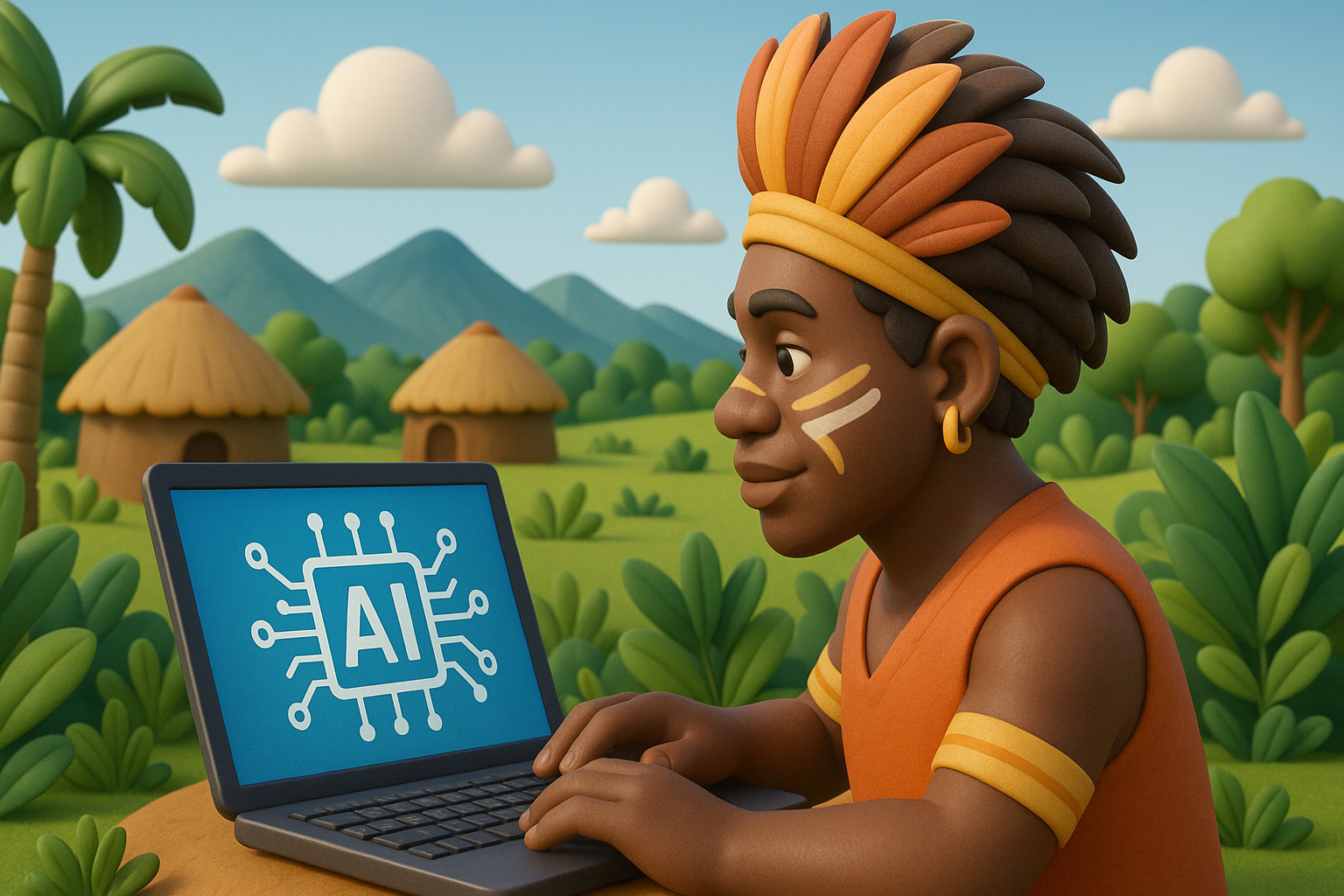Artificial Intelligence (AI) is rapidly transforming industries and societies worldwide. In Indonesia, the government is making concerted efforts to integrate AI technologies across various sectors. A significant part of this initiative is the focus on AI adoption in Papua, aiming to bridge the digital divide and foster inclusive growth. This article explores the current state of AI adoption in Papua, the challenges faced, and the strategies being implemented to overcome them.
The Push for AI Adoption in Papua
Establishing AI Centers
The Indonesian government has announced plans to establish an AI center in Jayapura, Papua, by early 2025. This initiative is part of a broader strategy to develop AI centers across the country, including in Solo and other regions. The aim is to decentralize technological development and ensure that regions like Papua are not left behind in the digital transformation.
Government Commitment
Minister of Communication and Digital, Meutya Hafid, emphasized the importance of inclusivity in AI development during the "Machines Can See 2025" forum in Dubai. She highlighted the government's commitment to ensuring that AI adoption reaches all parts of Indonesia, including the eastern regions like Papua.
Challenges in AI Adoption
Human Resource Development
One of the primary challenges in AI adoption in Papua is the availability of skilled human resources. Experts stress the need for developing local talent to support AI initiatives. Hammam Rizal, Chair of the Collaboration for AI Research and Innovation (KORIKA), pointed out the importance of involving local talent in AI development to ensure sustainability and relevance.
Infrastructure Limitations
Papua faces infrastructural challenges that can hinder AI adoption. Limited internet connectivity, inadequate technological infrastructure, and logistical issues pose significant barriers. Addressing these challenges requires substantial investment and strategic planning to build the necessary infrastructure that supports AI technologies.
Need for a Clear Roadmap
Experts advocate for a well-defined roadmap to guide AI adoption in Papua. Such a roadmap should outline the objectives, strategies, and implementation plans tailored to the region's unique context. It should also address the integration of AI into various sectors, including education, healthcare, and agriculture, to maximize its impact.
Strategies for Effective AI Adoption
Education and Training Programs
Developing local talent is crucial for the success of AI initiatives in Papua. Implementing education and training programs focused on AI and digital skills can empower the local population. These programs should be accessible and tailored to the needs of the community, ensuring that individuals are equipped to participate in and benefit from AI developments.
Public-Private Partnerships
Collaborations between the government and private sector can accelerate AI adoption. Partnerships with technology companies can bring in expertise, resources, and innovative solutions. For instance, collaborations with companies like NVIDIA are instrumental in establishing AI centers and providing the necessary technological support.
Community Engagement
Engaging the local community in AI initiatives ensures that developments are aligned with their needs and aspirations. Community involvement fosters a sense of ownership and encourages the adoption of AI solutions that are culturally and contextually appropriate.
The Road Ahead
AI adoption in Papua presents both challenges and opportunities. While infrastructural and human resource limitations exist, strategic planning, investment, and community engagement can pave the way for successful integration of AI technologies. By focusing on inclusive development and leveraging partnerships, Papua can become a model for AI adoption in similar regions.
Read More






 Saturday, 28-02-26
Saturday, 28-02-26







